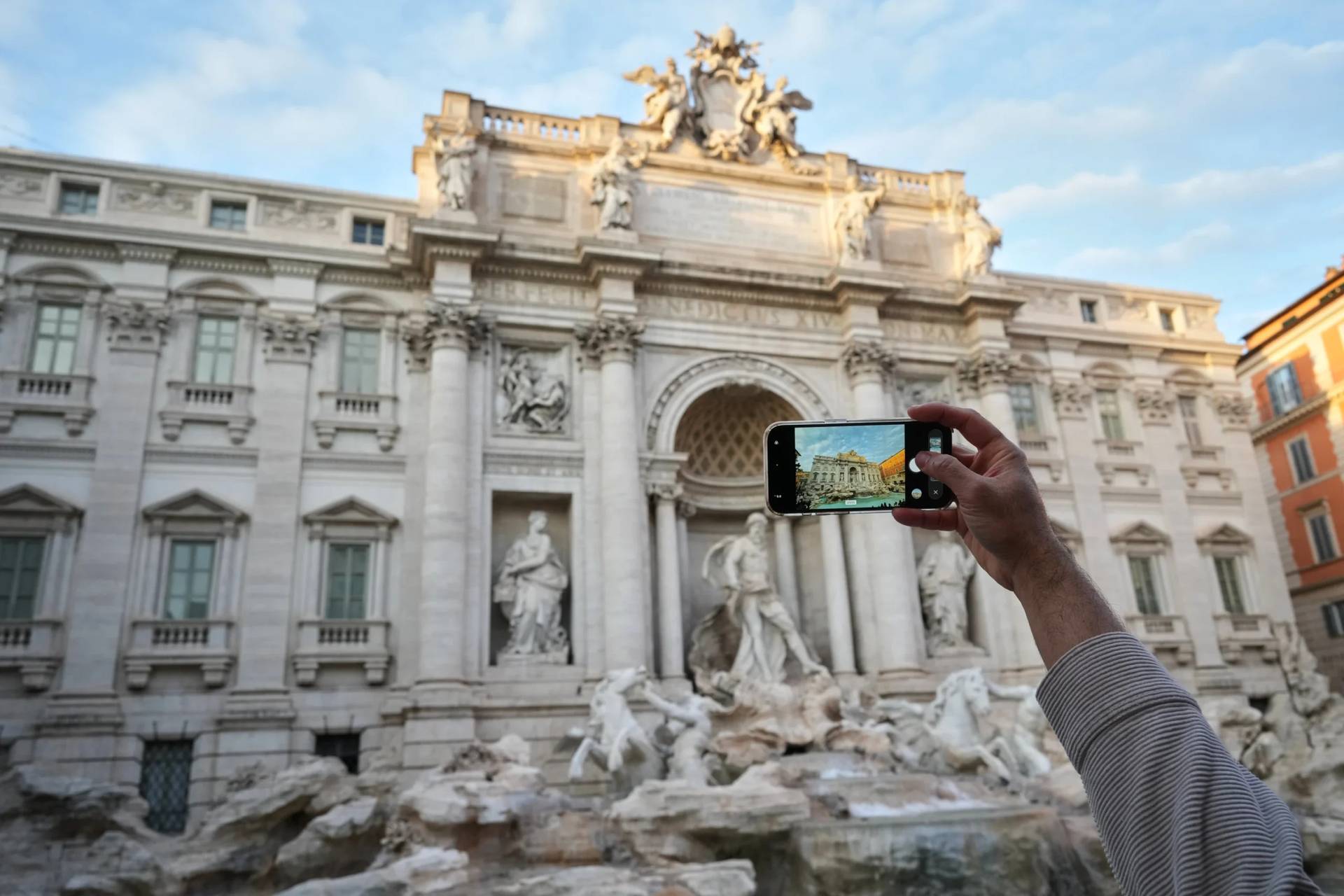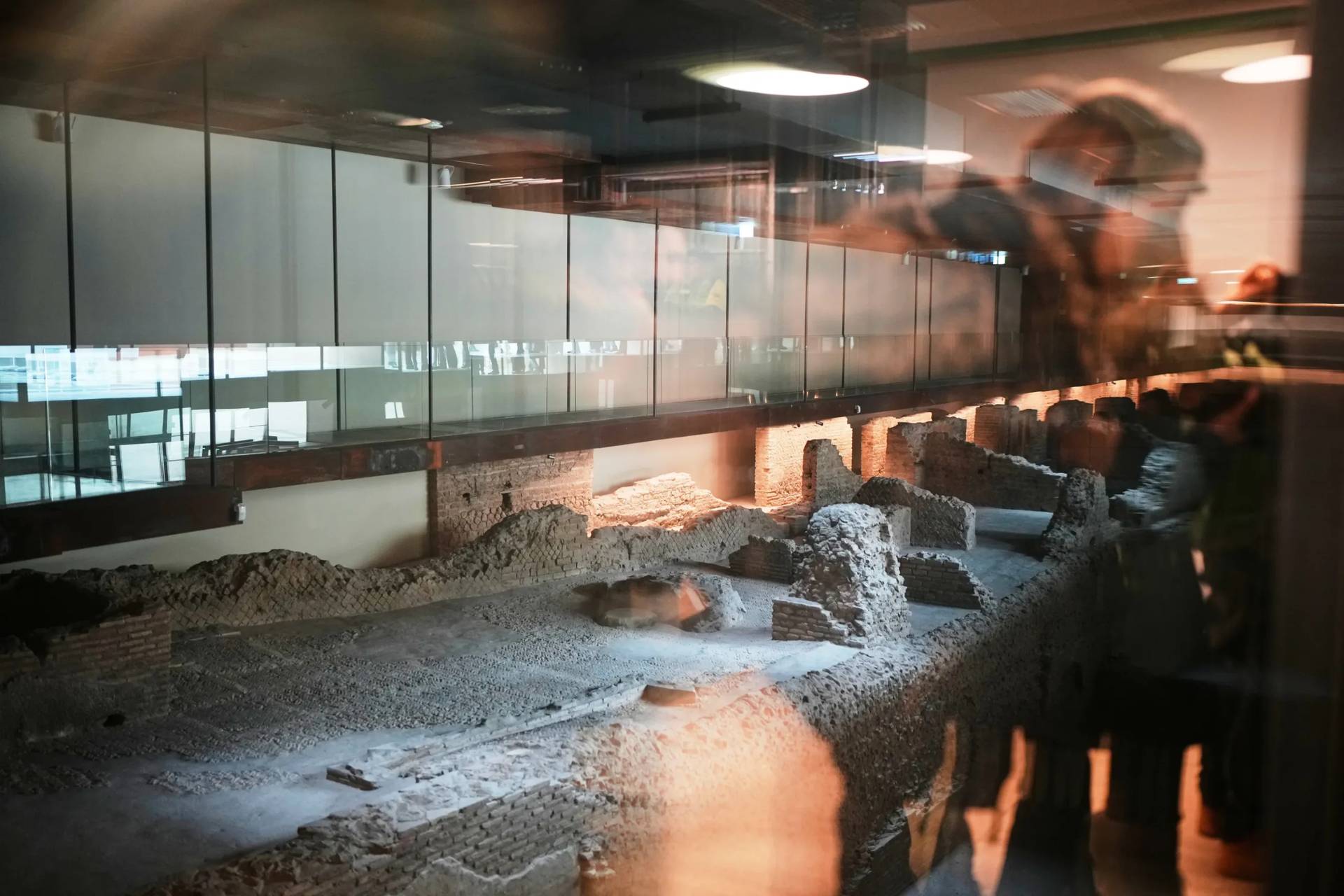ROME – If polls are to be believed, a strong majority of Italians support the odd-couple coalition of right and left-wing populist movements currently running the country, whose signature position is a “get-tough” line on immigration. That’s despite the fact that Italians historically are migrants themselves, that the country has a long tradition of absorbing others, and that the single most famous man in Italy, the pope, is staunchly pro-immigrant.
How are those ironies to be explained? According to Paola Springhetti of the Pontifical Salesian University in Rome, the media has a lot to do with it.
Specifically, Springhetti faulted Italian media outlets for failing to uphold the “Charter of Rome,” which is described as a “deontological profile concerning asylum seekers, refugees, victims of human trafficking and migrants,” and was crafted in 2008 by the main union of Italian journalists as well as their principal trade association in cooperation with the UN High Commission on Human Rights.
The core idea of the charter is that there should be no discrimination in reporting and media commentary based on race, religion, sex, one’s physical or mental condition, and someone’s political opinions.
Other key points in the charter include:
- “Adopting legally appropriate terms, always with the aim of giving readers and users the greatest possible adherence to the facts, avoiding misleading vocabulary.”
- Avoiding imprecise, overly broad or distorted information [that can] set off unjustified alarms, also through misleading connections between news stories, as well as producing a negative impact on the credibility of the entire category of journalists.
- Protecting asylum seekers, refugees, victims of trafficking and migrants who choose to speak with journalists, taking precautions in terms of their identity and image in order to prevent exposing themselves and their families to reprisals, whether from their countries of origin, non-state actors or criminal organizations.
- Taking account of the fact that those who come from different socio-cultural contexts where the role of the media is limited and circumscribed may not understand media dynamics, and thus may not be able to evaluate all the consequences of exposing themselves to the media.
- Interviewing, as much as possible, experts and organizations specialized in the field, in order to furnish the public with information in a clear and complete context which also looks to the causes of the phenomenon.
The charter, by the way, also recommends not uncritically reproducing the kind of rhetoric used by politicians, insisting that the debt journalists owe to the truth outweighs whatever may be gained by using the same sort of incendiary terminology as candidates seeking votes.
“Facts must be verified, regardless of who speaks them,” the charter says.
According to Springhetti, those commitments often are honored more in the breach than the observance. While her examples are Italian, virtually any country currently struggling with immigration debates probably could generate its own cases in point.
Among other things, Springhetti complained of an “ethnicization of the news,” meaning that media outlets in Italy typically report the ethnicity of the person committing a crime when he or she is a foreigner, but not when the perpetrators are Italian. The suggestion was that by doing so, the media creates a skewed perception of the propensity for crime among the foreign-born population.
Springhetti also faulted the media for insensitivity to the threats faced by migrants. She offered the example of an incident in October 2013 when a ship full of migrants, mostly from Eritrea, sank near the southern Italian town of Lampedusa. It’s believed that 366 died while 155 survived, and in the aftermath a major Italian newspaper published names and pictures of all the survivors.
“They did that without thinking about the fact that in Eritrea, their family members could be kidnapped and held for exorbitant ransoms,” Springhetti said.
Even more troubling examples in terms of journalistic ethics include a report by a major Italian TV network quoting a young gypsy saying he steals up to $1,150 a day and doesn’t care about what happens to his victims – “If it’s an old person they might die, but who cares?” was the report’s most sensational quote.
It turned out, however, according to Springhetti, that the network had paid the young man to say those things on air, raising questions about whether a financial incentive had been created for him to say what the producers and journalists wanted to hear.
Still more dubious was a case from 2015, Springhetti said, when two Italian radio outlets interviewed both a “Muslim extremist” and a “gypsy,” but after the fact it was revealed it was actually the same person playing both roles.
In terms of hate speech, Springhetti said that widely followed Italian network Radio 24 broadcast comments from a caller in 2014 in which he endorsed the “complete extermination of gypsies … let’s make them fodder for pigs, women, men and children.”
“He was allowed to go on the air with no filter, as if this was perfectly normal commentary,” she said.
Although Springhetti didn’t specifically single out Italy’s Foreign Minister Matteo Salvini, who’s the real power behind the ruling coalition and whose anti-immigrant rhetoric is well known, she did ask reporters to think about how they cover such figures.
“A journalist who faithfully writes up whatever he says, is that doing his duty?” she asked. “Is that actually ‘adherence to the fact’,” quoting the charter.
Springhetti suggested that the explosion of non-traditional means of communication, especially blogs and social media, makes the discussion even more complicated. She cited the 2015 example of Alan Kurdi, a Syrian migrant toddler whose lifeless body was photographed on a Greek beach and became an instant icon of the plight of refugees.
The Italian newspaper La Stampa, she said, debated long and hard about whether to publish the photo, and eventually carried a front-page editorial justifying its choice: “Not publishing it would only have guaranteed another day of satisfied ignorance,” it read.
Yet while La Stampa was meditating, she said, “on the internet it had already spread everywhere, making these debates basically pointless.”
Springhetti’s presentation came as part of a Jan. 31 conference titled “Communication on Migrants and Refugees: Between Solidarity and Fear,” held at Rome’s Opus Dei-run University of the Holy Cross and co-sponsored by Italy’s Superior Institute of Communications and Information Technology.















